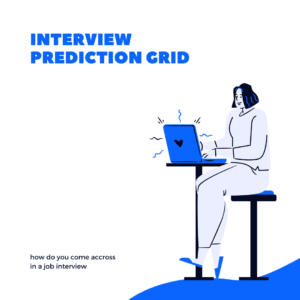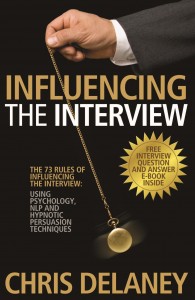Burger King Application Form
If you’re interested in applying for a job at Burger King one of the UKs leading fast food chains you will first need to read this article to learn the Burger King application form secrets.
What Makes You Stand Out
Burger King need TEAM WORK and CUSTOMER SERVICE which means you need to ensure these qualities are added to your CV and that your key skills stand out. Also think about the position you are applying; team leader, kitchen staff, ect what skills are required for that particular position?
The Application Form
At Burger King the application form is short and easy to complete the first section is your Personal Details just remember to double you have entered the correct e-mail and telephone number.
Next you are asked to add in your past two employment history details; you will need the company name and address, as well as the dates you worked. Under duties and responsibilities record a short paragraph highlighting your duties referring to the parts where you worked in a TEAM and what CUSTOMER SERVICE skills you used.
- You can keep this section short of their is a later section for you to add more detail.
Next add in all your qualifications; in this section you are only required to complete your high school and college/university (again this section is short as you can the rest of your details in the following section)
The Selling Section
The most important section on the Burger King Application form is the Additional Information section, unlike other additional information section Burger King allows you to copy and past your CV into this section, which means YOUR CV IS YOUR KEY SELLING TOOL. You will need to create a strong CV as Burger King will receive hundreds of application forms a day, and a poor CV will end up in the bin.
On your CV record a personal profile, all of your employment history (adding more job duties then you did on the application form) and all of your qualifications and certificates.
Pick a Day
Finally record by using the tab what hours you can do and which days – be honest here. If you are a student don’t put you can work a day that you have to be in school.
If you enjoyed this article you will also enjoy reading:
- How to write a personal profile on a job application form
- Glossary of Application Form Terms
- Job Application Form Check List












